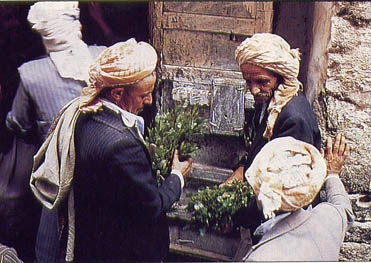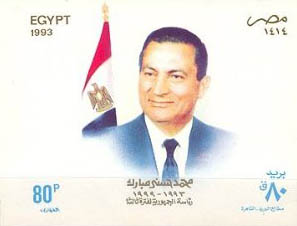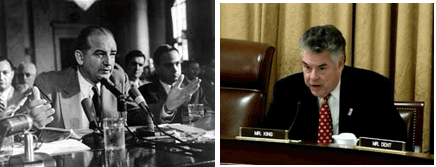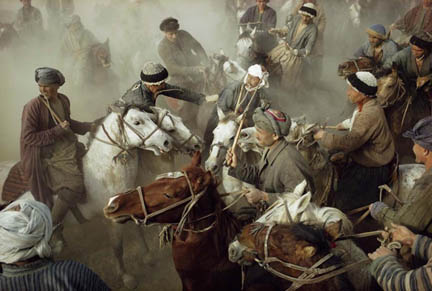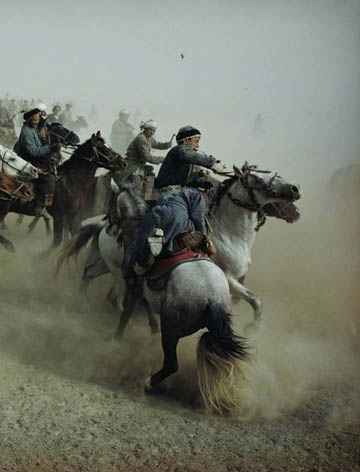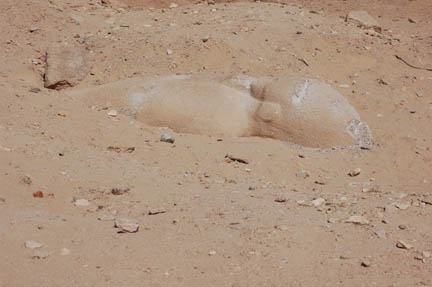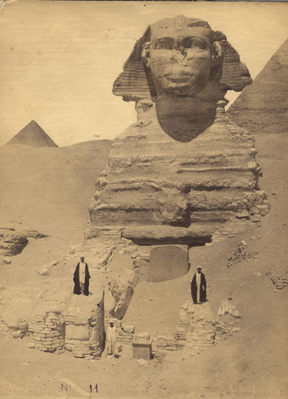
The following is a review of The Jew Is Not My Enemy: Unveiling the Myths that Fuel Anti-Semitism by Tarek Fatah, published by McClelland & Stewart
ISBN: 978-0-7710-4783-1 (0-7710-4783-5). The review is written by Ivan Davidson Kalmar and published in the Literary Review of Canada, March, 2011.
As Tarek Fatah, the author of this provocative book, puts it, “By all rational standard, Muslims and Jews should have been, and could be, partners. Their faiths are very similar (…). There were even times when Muslims and Jews prayed together around the tone covered today by the Dome of the Rock [in Jerusalem].†Certainly in the imagination of western Christians at least, Muslims and Jews were for centuries regarded as two of a kind.
From the medieaval theologians through to Hegel, Islam was considered to be a revival of Judaism (which Christians thought should have died with Christ). Though the attitude to both Jews and Muslims has generally been hostile, it was not always so. For example, Jews and Muslims were both admired by nineteenth century romantics as possessors of an eastern spirituality that inspired and could continue to inspire the Occident.
When Jews and Arabs were both classed as members of the same “Semitic†race, “Semite†was at first often meant as a compliment. It was partly in reaction to romantic accounts of the Semites that the term “anti-Semitism†was invented by a new breed of Jew-haters. And it was, in turn, largely a reaction to modern anti-Semitism that the old idea of “returning†the Jews to the Orient took hold in the form of modern Zionism. Zionism led to a long and still ongoing, bloody conflict between Jews and Muslims over the holy land of Israel/Palestine. Continue reading Review of “The Jew Is Not My Enemy”
